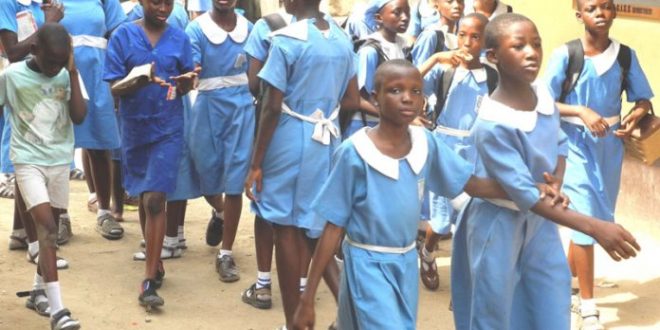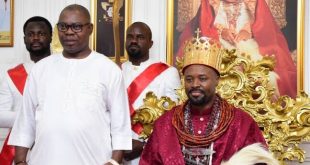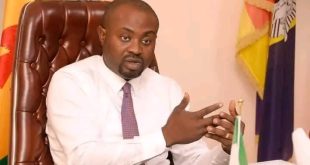The Chief Executive Officer of the National Library of Nigeria (NLN), Prof. Veronica Chinwe Anunobi, has called on schools across the country to place greater emphasis on the use of indigenous languages. She stressed that children must be able to communicate effectively in their native tongues, not just in school, but also at home and in their daily lives.
Speaking at an event organized to mark this year’s International Literacy Day at the National Library Annex in Lagos, Prof. Anunobi said, “A child’s ability to speak, read, and write in their indigenous language not only broadens their career prospects but also enhances their understanding of culture, identity, and how they interact with others.”
Themed “Promoting Multilingual Education,” the event was jointly organized by the Zaccheus Onumba Dibiaezue Memorial Libraries (ZODML) and the National Library of Nigeria. Attendees included primary and secondary school students from Yaba, such as Adekunle Anglican Primary School and Wesley Girls’ Junior Secondary School. However, only seven out of 16 students present could speak their native languages fluently, underscoring the urgency of promoting indigenous languages.
Prof. Anunobi also highlighted Nigeria’s literacy rate of 62%, noting that literacy is a powerful tool for creating a more equitable and peaceful society.
“Literacy is a ladder to prosperity and unlocking potential,” she said, linking the United Nations’ Sustainable Development Goals (SDGs) to the importance of literacy.
She called on policymakers to support initiatives that promote literacy, such as establishing libraries in both urban and rural communities for lifelong learning. Prof. Anunobi also urged children to prioritize learning their mother tongues, explaining, “It is only when you identify with your indigenous language that you become curious about learning other languages.”
Mrs. Ifeoma Esiri, co-founder of ZODML and convener of the event, echoed Prof. Anunobi’s concerns, emphasizing that children’s ability to speak their indigenous languages is key to preserving cultural identity. “It’s a pity that many of our children can’t speak their native language fluently, or at all. Language is a vital part of culture, and without it, what is left of our heritage?”
She further urged the government to implement policies that encourage the use of indigenous languages in schools and communities, warning that when children lose the ability to speak their language, they also lose the capacity to understand traditional methods of communication, such as proverbs. “Speaking in proverbs is a clever way our elders passed on knowledge. If our children cannot speak our languages, how can they understand these important cultural messages?”
Mrs. Esiri added that beyond government intervention, parents must take responsibility by conversing with their children in their local languages. “This won’t hinder their proficiency in other languages,” she assured.
At the event, 87-year-old explorer Pa Newton Jibunoh, who famously crossed the Sahara Desert four times, encouraged students to remain focused and hardworking. He remarked that literacy goes beyond formal education, stressing the importance of self-determination and perseverance.
 National Telescope national telescope newspaper
National Telescope national telescope newspaper



